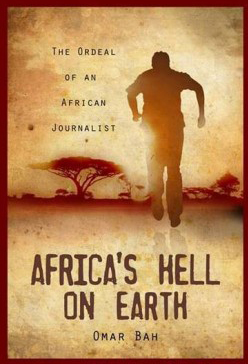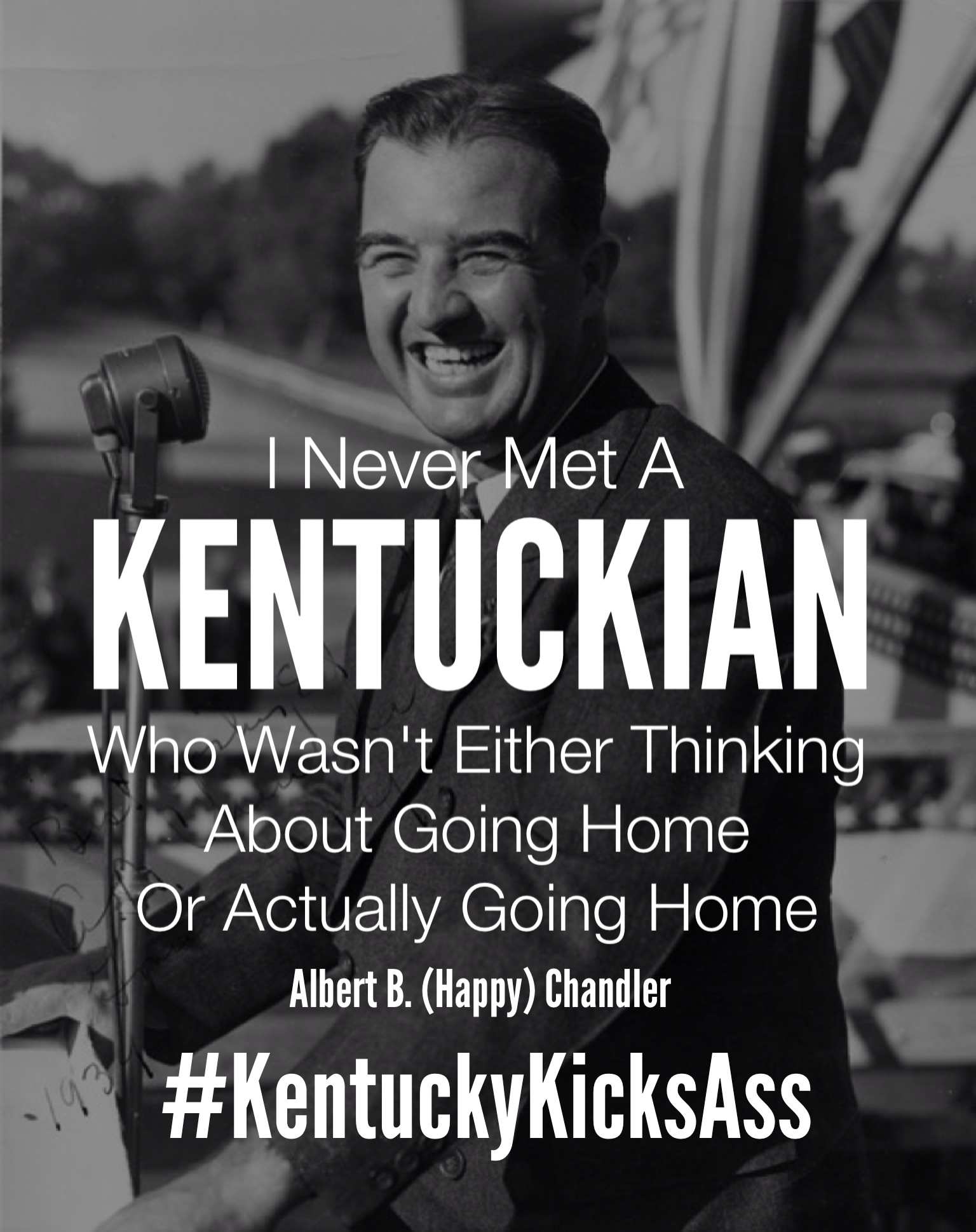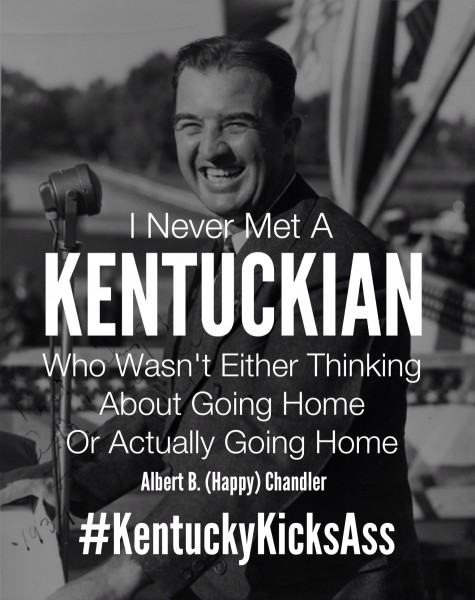 I wandered tonight by accident into a lecture at the Rochambeau Library in Providence that offered a unique vision on life here in Rhode Island. While a poll conducted in April indicated that Rhode Islanders are the “least proud” of their state and pundits have written endlessly about why that should be the case, highlighting all the things that make Rhode Island a supposedly terrible place, Gambian journalist Omar Bah has a different view.
I wandered tonight by accident into a lecture at the Rochambeau Library in Providence that offered a unique vision on life here in Rhode Island. While a poll conducted in April indicated that Rhode Islanders are the “least proud” of their state and pundits have written endlessly about why that should be the case, highlighting all the things that make Rhode Island a supposedly terrible place, Gambian journalist Omar Bah has a different view.
Rhode Island, says Bah, is heaven.
“Life in Gambia was hell,” said Bah to the too few people who came out to his lecture, where he was talking about his book, Africa’s Hell on Earth, “I lived in a country where people were treated as second class. No rights, no freedom of expression, for the first twenty-six years of my life.”
Bah’s book is his message. It is also a celebration of freedom of speech and freedom of assembly, rights denied him in his home country of Gambia. Bah started as a young journalist, writing about the corruption and brutality of the regime of Gambian President Yahya Jammeh, a totalitarian despot who once said that he had allowed “too much expression” in the country.
While people starve, Gambia’s president drives in a fleet of cars valued at $300,000, according to Bah. There is one television station allowed in the entire country, a propaganda arm of the government. At a student led protest rally, 14 students were shot dead by the military. Bah once saw a pregnant woman in need of medical attention taken to the hospital by donkey cart, where she and her baby died screaming in the waiting room.
“If you are hungry, you die hungry,” says Bah. “If you are sick, you die sick. If you are hopeless, you die without hope.”
Growing up, Bah saw education as his best chance at a good life, but also realized that when you don’t live in a just society, you have to take action, however you can. Bah chose to write about what he saw, becoming a journalist. Reporting on the evils of a despotic dictatorship is dangerous. Bah was arrested several times, and even tortured while imprisoned. Eventually events reached the point where Bah had no choice but to flee the country.
Stopped on a bus at the border of Senegal, Bah was identified by a soldier and had a gun pointed directly at him. His life was effectively over, his future one of prison, torture and probable death, but the soldier was a classmate of Bah’s from over a decade previous. On that bus, soldier and journalist recognized each other and the soldier, in a dangerous breach of orders, let Bah cross the border to freedom. Bah began his new life as a refugee even as his wife, Teddi Jallow, was threatened and harassed by the dictator’s police back home.
Granted refugee status by the United States government, Bah came to Rhode Island. “I came from the smallest country in Africa to the smallest state in America,” said Bah, “I am living the American dream because of the opportunities I have here.”
Today, seven years after arriving in Rhode Island, Omar Bah lives with his wife and his mother, who have also been granted refugee status and has two sons, both born in this country. He still agitates for human rights in Gambia and the rest of the world. He does so even though it puts his extended family at some risk. When the president of Gambia came to New York for a visit to the United Nations, Bah lead a protest outside the dictator’s hotel. Bah’s family was threatened for his actions.
Bah will not be silenced by threats. “Educating one person is enough. Any act of revolution starts with one person.”


